What is a VPN?
A VPN, or Virtual Private Network, is a service that creates a secure, encrypted tunnel for your internet traffic. It routes your connection through a remote server run by a VPN provider, hiding your IP address and protecting your data from prying eyes.
Think of it like this: normally, your internet activity is like sending a postcard—anyone who handles it can read the message. A VPN puts that postcard inside a strong, locked security box. Only the intended recipient (the website you're visiting) can open it.
How Does a VPN Work?
-
You connect to your VPN service using their software (app).
-
Your app encrypts your data before it leaves your device.
-
The encrypted data is sent through a secure "tunnel" to a VPN server.
-
The VPN server decrypts your data and sends it to the public internet.
-
The website or service you're visiting sees the VPN server's IP address and location, not your real one.
-
The data then returns to the VPN server, gets encrypted again, and is sent safely back to your device.
Key Benefits of Using a VPN
-
Enhanced Security on Public Wi-Fi: VPNs are essential for protecting your data on unsecured networks like those in cafes, airports, or hotels. They prevent hackers from stealing your passwords, credit card numbers, or personal information.
-
Privacy from Your Internet Provider (ISP): Without a VPN, your ISP can see and potentially log every website you visit. A VPN encrypts your traffic, so your ISP can only see that you're connected to a VPN server, not what you're doing.
-
Bypass Geo-Restrictions (Access Global Content): Many streaming services, like Netflix or BBC iPlayer, offer different content libraries in different countries. By connecting to a VPN server in another country, you can access that region's content.
-
Avoid Bandwidth Throttling: Some ISPs may intentionally slow down your internet speed if they detect high-bandwidth activities like streaming or gaming. Since a VPN hides your activity, it can be harder for your ISP to throttle you.
-
Access Censored Websites: In countries with heavy internet censorship, a VPN can help users access blocked news sites and social media platforms.
Important Limitations to Consider
-
It Doesn't Make You 100% Anonymous: While a VPN hides your IP address from websites and your ISP, the VPN provider itself can see your traffic. It's crucial to choose a trustworthy VPN with a strict no-logs policy.
-
It Can Slow Down Your Connection: Because your data is traveling a longer distance and being encrypted/decrypted, you may experience a slight drop in internet speed. The best premium VPNs minimize this impact.
-
Not All VPNs Are Created Equal: Free VPNs can be tempting, but they often have serious drawbacks like data caps, slow speeds, poor security, and they may even make money by selling your data. A paid, reputable VPN service is a much safer investment for your privacy.
In Summary:
A VPN is a powerful tool for privacy, security, and access. It's like a secure, private bridge between your device and the internet, shielding your identity and data from unwanted observers. For anyone concerned about their online privacy, especially when using public networks, a VPN is a highly recommended solution.

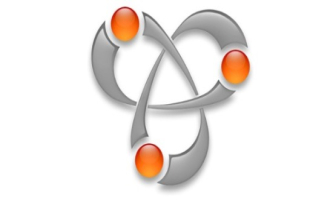
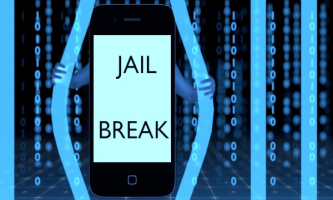
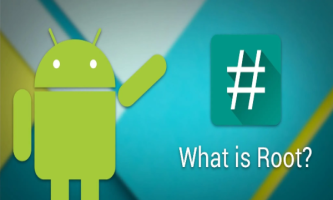


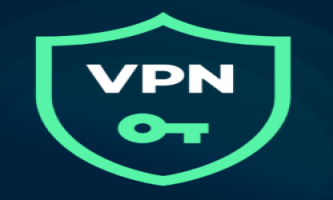
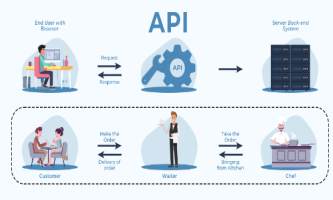
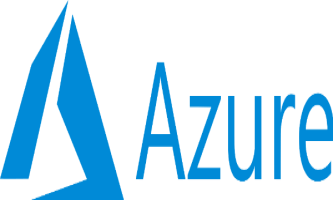
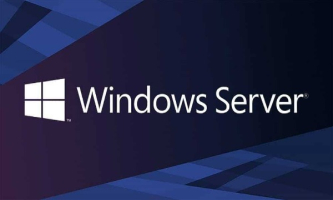
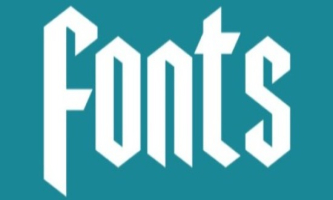
Comments powered by CComment